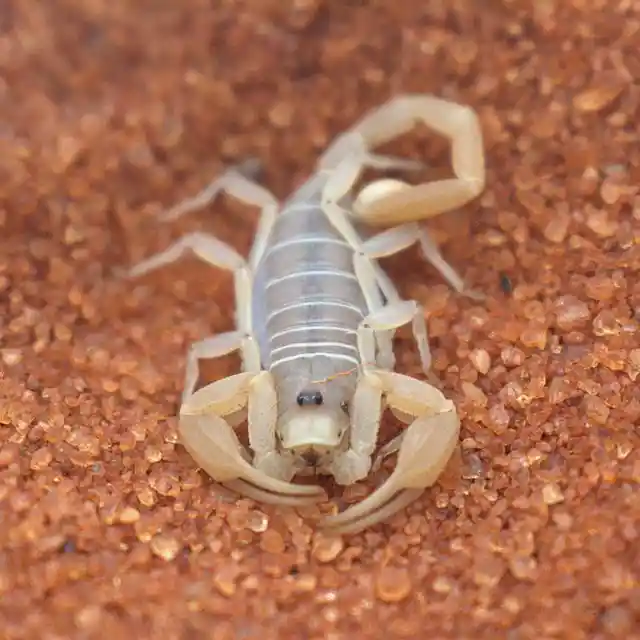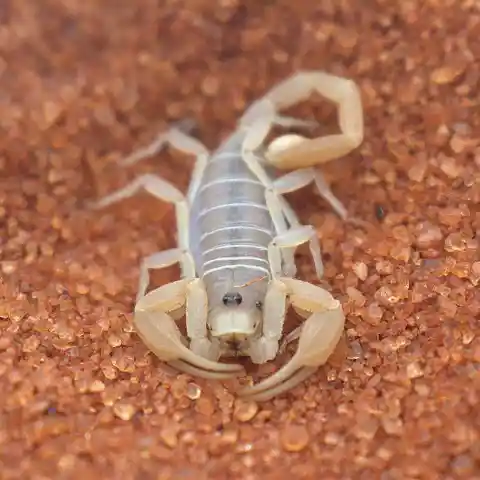When it comes to looking at nature, one of the most compelling questions revolves around how creatures and animals feel. As humans, we know we have a pretty wide-reaching range of emotions. Animals can be quite different, and invertebrates are especially different from the average home. Insects and other invertebrate species tend to be seen as creatures that lack any kind of real feeling – is this true?


Scientific research has been consistent in trying to find out an answer to this question. Specialists have found that studies tend to give quite contradictory answers. However, while most traditional science accepts that animals do have a strong emotional range and have feelings, invertebrates need a bit more understanding.
The main finding so far is that while invertebrates might not have the same emotional range as a person, they do have emotions. As we know, it is harder for an animal to express its feelings in a way that a human can understand. When you feel fear, you can tell someone. How does an animal, and indeed an invertebrate, process and display their emotional state?


One study looked to check out how bees react to conditions that would rile them. So, small honeybees were given a proper shake for around a minute – the finding was that, compared to bees that were not shaken, their serotonin and dopamine levels were lower.
Another test laid out some sugar, some quinine solution, and a half-half mixture of both. The bees were shown to be less likely to go for the sugary treat after the shaking incident. They were also most likely to presume that the half-half mixture was going to be as bitter as the full quinine mixture.
So, this probably shows us that animals and invertebrates do have more emotional range than we might first assume. It might not mean they match the emotional range of a human, but one thing is clear – most invertebrates do at least have some capacity for feelings, thoughts, and even fears.